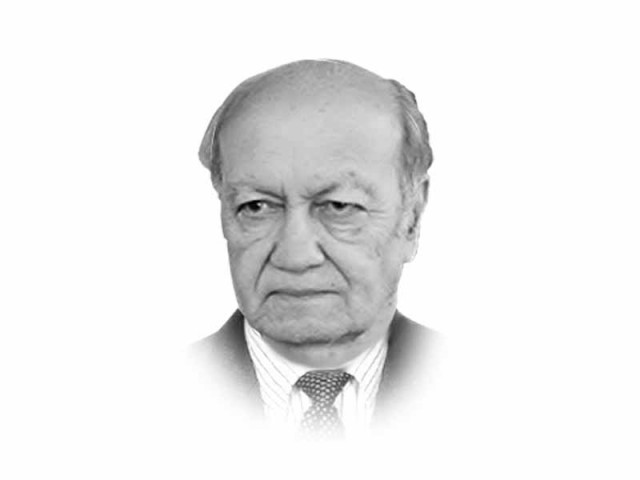
In addition, he informs them how Nawaz Sharif and his close family circle are exploiting the masses and depriving them of their rights in a planned manner. According to Imran, it is only by getting rid of the prime minister and most of the present political class, that Pakistan will be able to rid itself of the feudal and patriarchal social system. In essence, the Pakistani leadership is corrupt and inefficient and that essentially is the root cause of Pakistan’s present ailment. His concept of a ‘new Pakistan’ has elements of Marxist thinking as well as Islamic values of truthfulness and unity — a society based on merit and equality of opportunity. He plays on the sentiments and yearnings of the broad masses and makes them dream of a better Pakistan that can only be realised if he was saddled with power. His style is similar to that of the Athenians of ancient Greeks who decided matters of public interest and governance in public meetings. Naturally, in a country where there is a common desire for a better life, where the majority is living in wretched conditions, his message is well received. Although Imran professes lip service to the Constitution and the rule of law, his actions clearly suggest that he is impatient with the current system and would cast it aside even if it meant using support of politicians with blemished records. Running deep in this delusional state of mind is the mistaken belief that he has been cheated and had fraud not taken place he would have been the prime minister.
Leaders who do not share the perception of Imran are looked upon with contempt and according to him will be pushed into oblivion. By continuously attacking political leaders, state institutions (with the exception of the armed forces) he aims at weakening an already fragile state structure. He deliberately overlooks the fact that if society, through continuous indoctrination and promotion of civil disobedience, is used to achieve his political objectives, there is strong likelihood that the country will drift towards anarchy, seeds of which are already prevalent. On the surface what Imran says resonates with the common person. There is depravity all around and to criticise the prevailing conditions it sells well with the disgruntled public. But to dream and to promise a land free of equal opportunity is an easy thing to say but to bring about change in the real world is a different matter. Equality of opportunity, and to be treated fairly is what every Pakistani aspires for. Our society, being patriarchal and feudal, denies women their rights. Imran stands for their rights and has been trying to give them greater space and importance in his public utterances. This clearly is a matter that will receive support from women. But, here too, it would require legislation and developing consensus in Parliament and not working outside the system. Declaration of a grand vision and good intent is one thing, implementing it in Pakistan is the hard reality.
There are disgruntled elements in society that are raising their voice against the government. Most of their grievances are genuine as our society is besieged by militancy, poverty, a stagnant economy and lawlessness. All these factors justify clamour for change but the question is whether Imran Khan’s approach of harnessing public discontent to topple the regime should be preferred to strengthening institutions from within.
Regrettably, Nawaz Sharif’s response to the entire political crisis has been defensive and directionless. Firstly, he has failed to forcefully counter the ongoing onslaught by Imran on him and his system. Secondly, he should have accepted the weaknesses in his governance and taken the dharnas as a wake-up call. Nawaz Sharif’s style and substance of governance also needs radical improvement. Criticising Imran and Qadri for their insensitivity to the feelings of the flood victims and IDPs, not supporting the armed forces in their courageous fight against militants and blaming them for dragging the army into politics, is important for highlighting the failings of the opponents. The fact that all major political parties in Parliament rallied around the prime minister to support the democratic system and the Constitution sent a strong message to Imran and the people about the commitment of the political parties to upholding the Constitution and the integrity of Parliament. But this is not enough. The people expect improvement in the quality of their lives and look up to a leader that gives them hope and results.
People are also not sure whether this movement is going to vitalise democracy or undermine it. The disclosure of Javed Hashmi that a conspiracy was hatched in London to support Imran and Qadri to undermine the government, has cast doubts on the motives and credibility of these leaders. It is only when full facts are known that any firm conclusion can be drawn.
Pakistan needs a change on which there is broad consensus. The real question is whether it should be progressive and evolutionary or violent and chaotic.
Published in The Express Tribune, September 24th, 2014.
Like Opinion & Editorial on Facebook, follow @ETOpEd on Twitter to receive all updates on all our daily pieces.


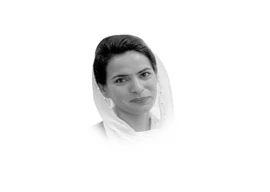
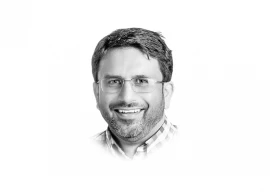
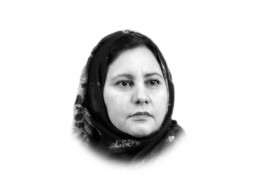

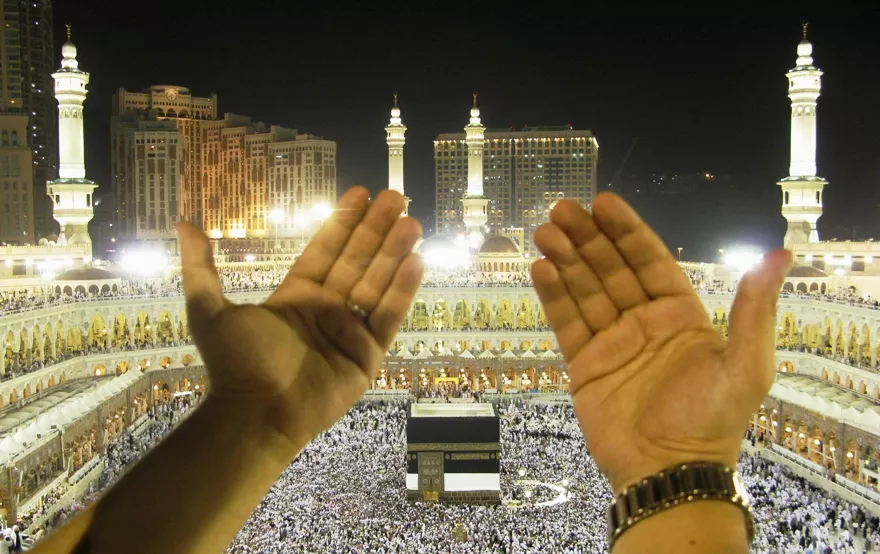




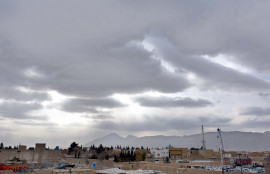



COMMENTS
Comments are moderated and generally will be posted if they are on-topic and not abusive.
For more information, please see our Comments FAQ